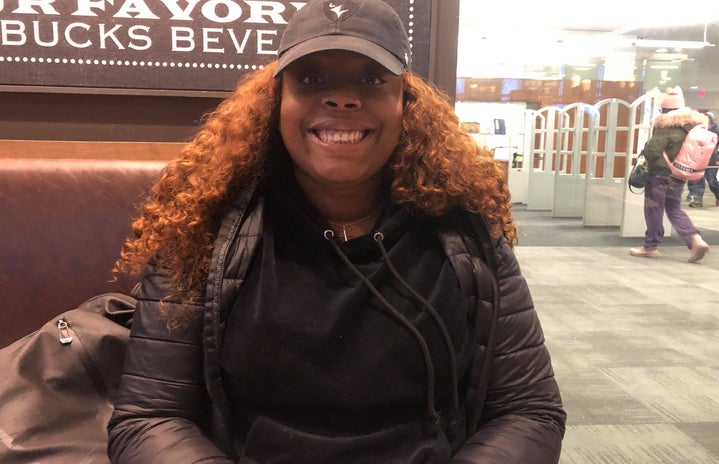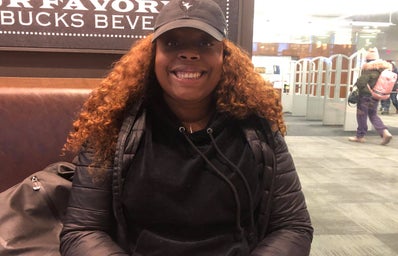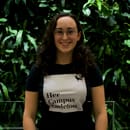Eileen Adams, third-year health psychology Carleton University student, and co-president of Carleton University’s Black Student Alliance (BSA) aims to create a lasting legacy for generations.
Adams, 20, was born in Flowood, Miss., and spent her early childhood in Jackson, Miss., before moving to Long Island, N.Y., at the age of 10.
“My mom is originally from Jamaica, but she grew up in Canada. My dad is from New York, but we ended up in Mississippi because of his job,” said Adams. “When I was 10, my parents divorced and my mom decided it was time for a change, so we moved to Pickering, Ont.,” Adams said. “A big difference I have noticed between Canada and the United States is that in Canada, culture is celebrated before citizenship and I think that is a great thing. For me, I have always identified more with my cultural upbringing than any citizenship.”
By living in vastly different cities, Adams said has become more aware of the social and political environments that shape communities. This sentiment of cultural pride is what led Adams to co-found Carleton’s Black Student Alliance along with her friend Ose Omoregie.
When she first came to Ottawa from Toronto, Adams said she experienced a ‘culture shock.’ Noticing prejudice and micro-aggressions towards the black community in Ottawa was something she had not experienced in Canada up until that point, she said.
“Coming to new school and a new city, we (Black women) had to figure out where to buy our hair products and special seasonings to make our favourite foods. These things are really important to our culture,” Admas said. “These are mundane things no one really thinks about.”
For Adams, it’s the same when it comes to her university career. When she’s in class, she said she feels disheartened because of the lack of Black people around her. Adams even questioned whether she should attend university in first year, after noticing the abscence of diversity.
However, reflecting now, she said she is more determined than ever to push past the barriers and take advantage of her education. Adams said she had to adapt to “feeling comfortable in an uncomfortable space.”
She added this idea is what the BSA is founded upon.
“Our main goal is to create an open safe space and community for those who experience the black experience, regardless of religion, gender, sexuality or ethnic background,” Adams said.
By creating an intersectional community, it has allowed BSA to make plans to overcome the obstacles black students face in and out of the classroom, she said.
As co-president, Adams said she must be aware of issues pertaining to the black community on campus. She also must lead the Alliance’s 14 executive members, 13 of whom are women.
“As classrooms are not always the most supportive environments, we strive to make students feel like they belong and there is a community that is there for them no matter what obstacles they face,” she said. “I am unapologetically me. We stress this with the Alliance, too.”
Adams said she does not take all the credit for her success, attributing it to her mother for where she is today.
“She went to university 30 years ago when it was a very different time. I knew if my mother could do it back then, there is no reason as to why I could not do it now,” Adams said. “We strive to create a legacy that is sustainable for generations . . . something our grandkids can be a part of . . . I am really proud that Ose and I took a leap of faith and started the BSA.”



